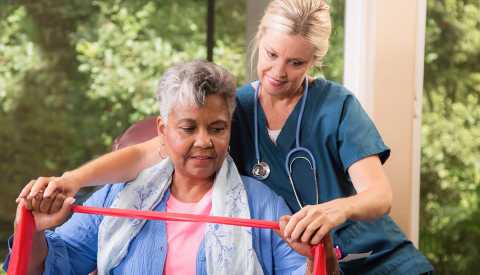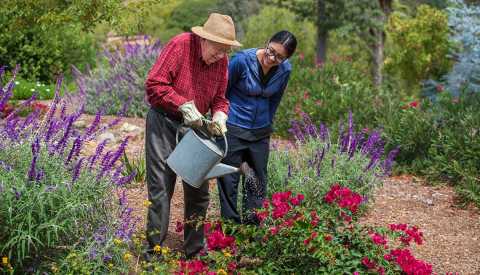AARP Hearing Center
Understanding Long-Term Care
Long-Term Care: It’s More Than Insurance
The best time to plan for long-term care (LTC) is long before you need it. AARP has the expert advice and tools you need. Find out what you need to know.
Take the quiz
What is Long-Term Care?
Making a long-term care plan is more than just buying insurance or updating a will.
It’s about mapping your own course and living life as you want.
It’s considering what you’ll need to live independently for as long as possible and includes thinking about your home and community, your health and finances, and even your medical wishes.
Don’t leave these important life decisions to someone else. Small steps now will secure a safer, happier future.
HOW-TO GUIDES
In-Depth Webinars


AARP Membership — $15 for your first year when you sign up for Automatic Renewal
Get instant access to members-only products and hundreds of discounts, a free second membership, and a subscription to AARP the Magazine.
More Planning Help
LONG-TERM CARE PLANNING TOOLS






















































































